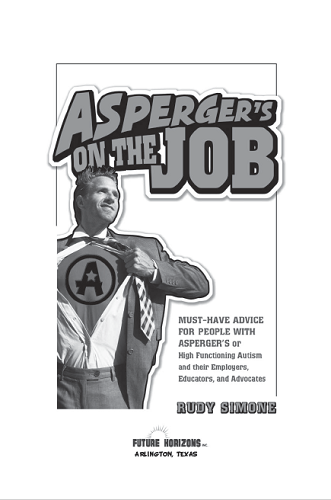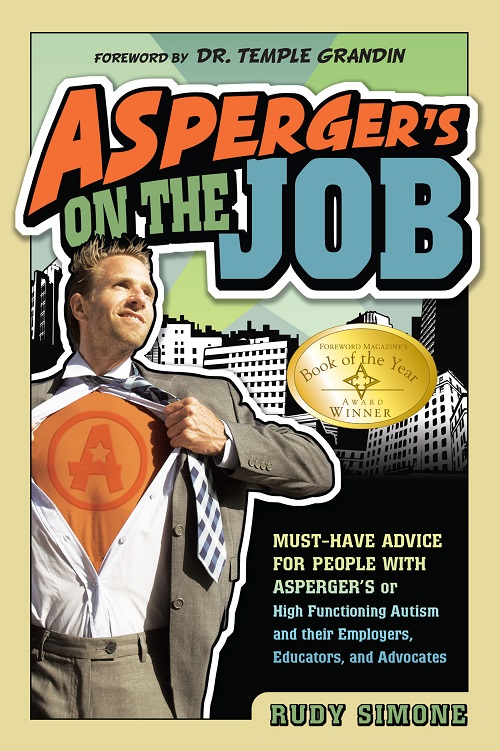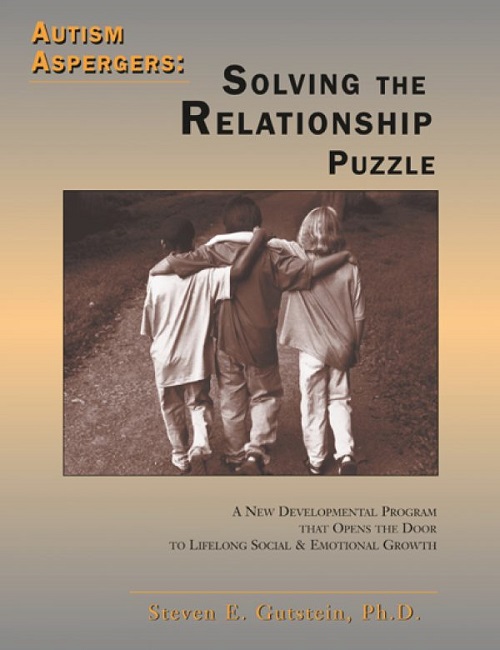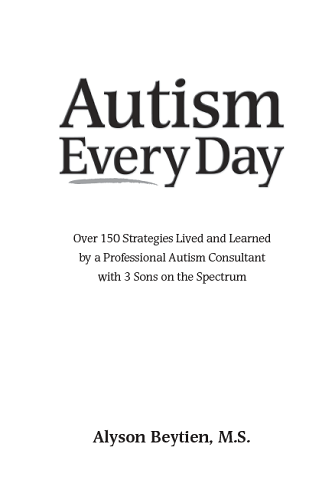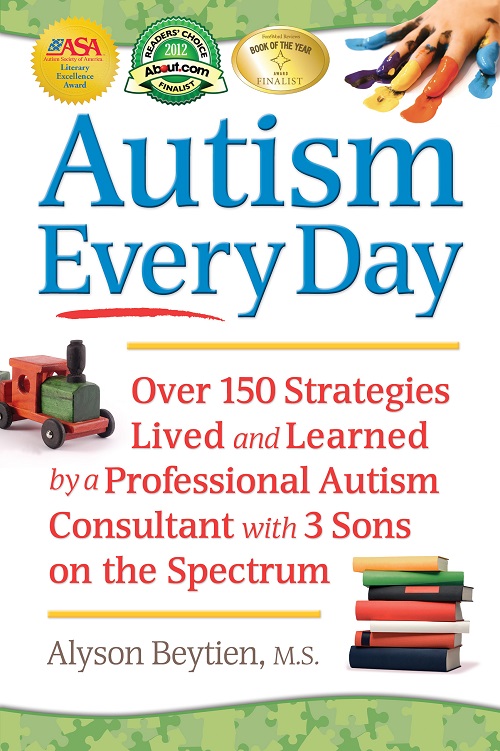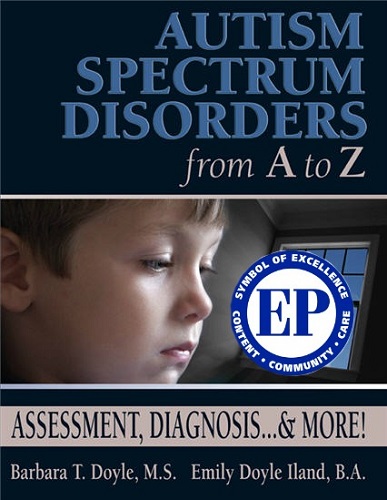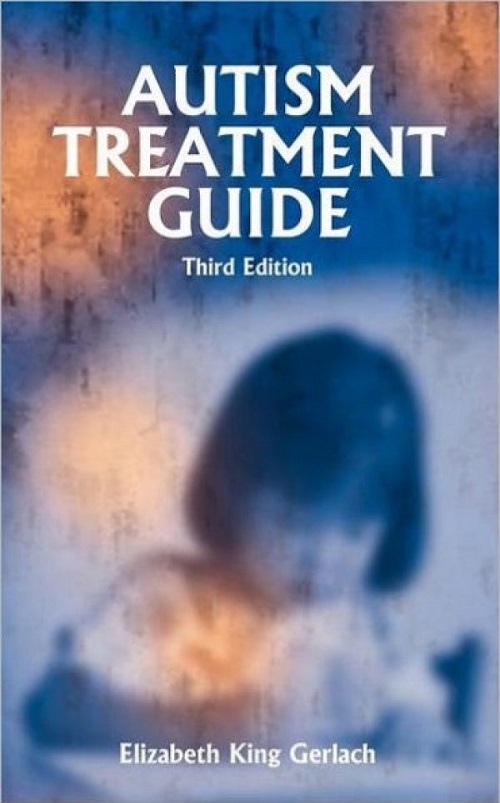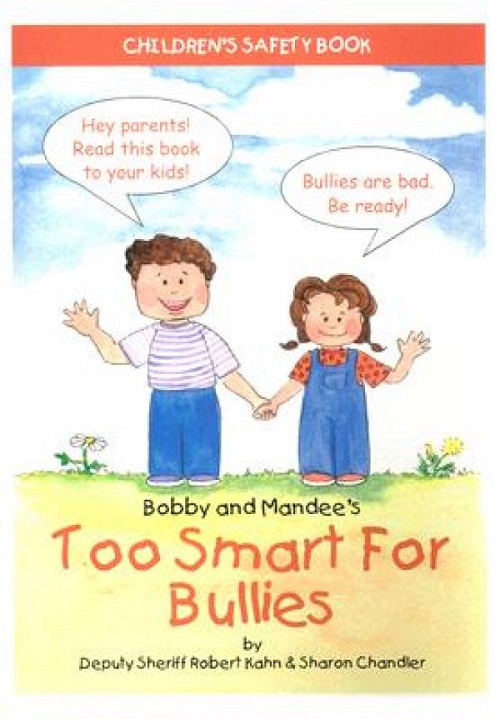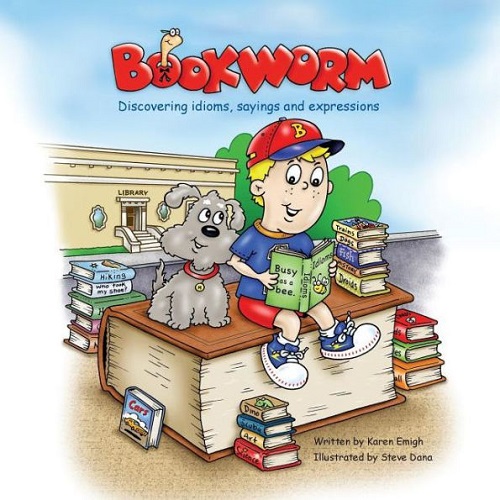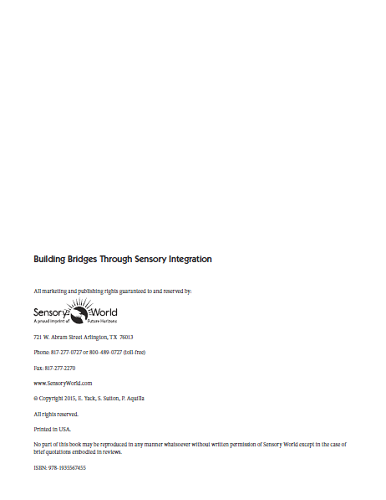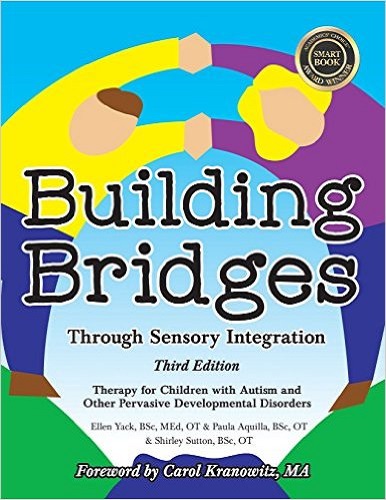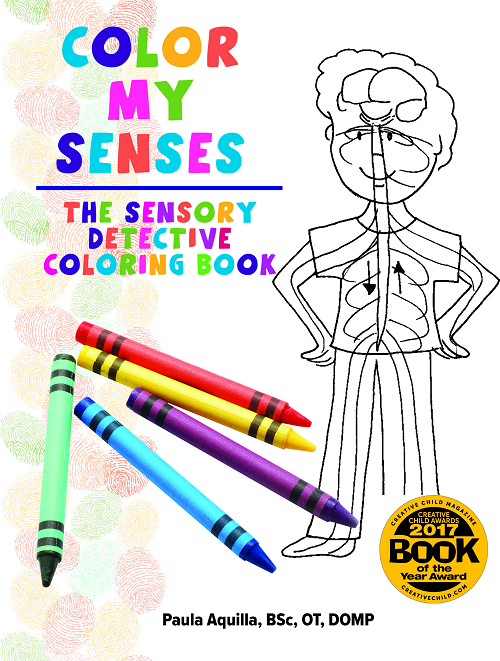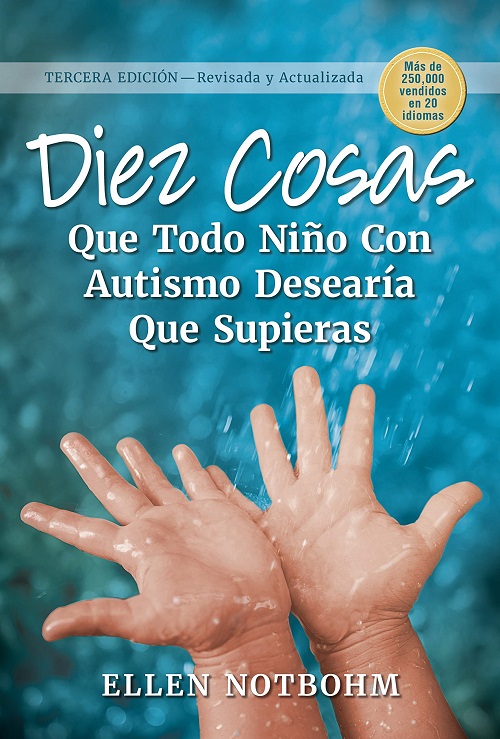-
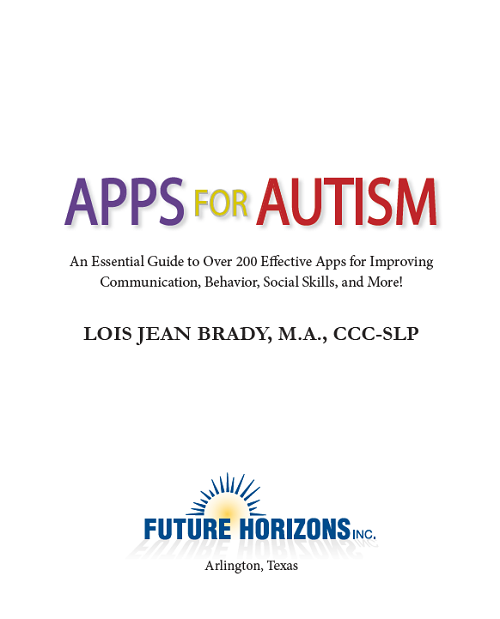
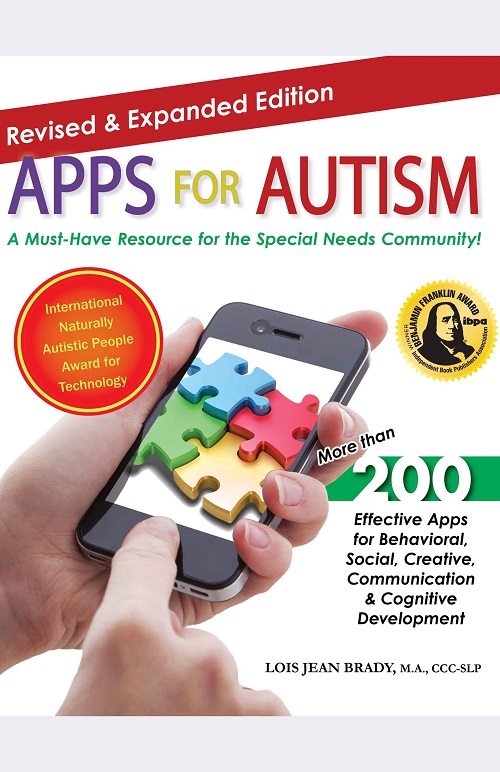 Actually, there are more than 200 apps for autism. This book will guide you through them, so you can confidently utilize today’s technology to maximize your child or student’s success! Speech Language Pathologist Lois Jean Brady wrote this book to educate parents, teachers, and other professionals about the breakthrough method she calls “iTherapy”—the use of Apple products (iPhone, iPad, iPod Touch) and various apps to meet students’ individual educational goals.
Actually, there are more than 200 apps for autism. This book will guide you through them, so you can confidently utilize today’s technology to maximize your child or student’s success! Speech Language Pathologist Lois Jean Brady wrote this book to educate parents, teachers, and other professionals about the breakthrough method she calls “iTherapy”—the use of Apple products (iPhone, iPad, iPod Touch) and various apps to meet students’ individual educational goals. -
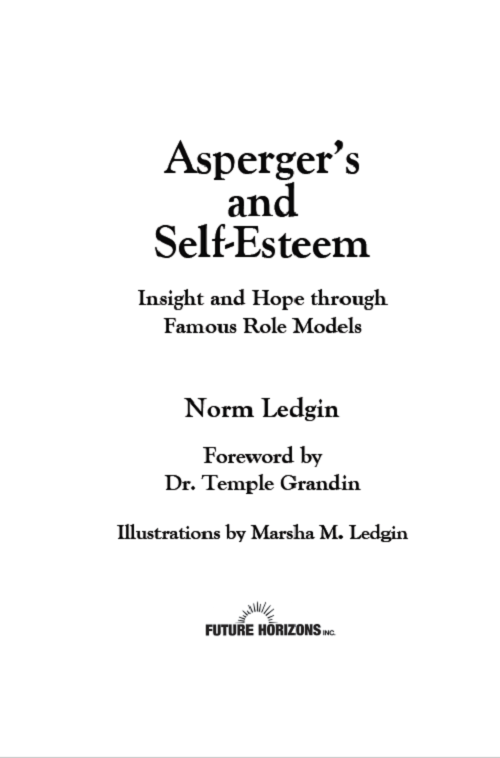
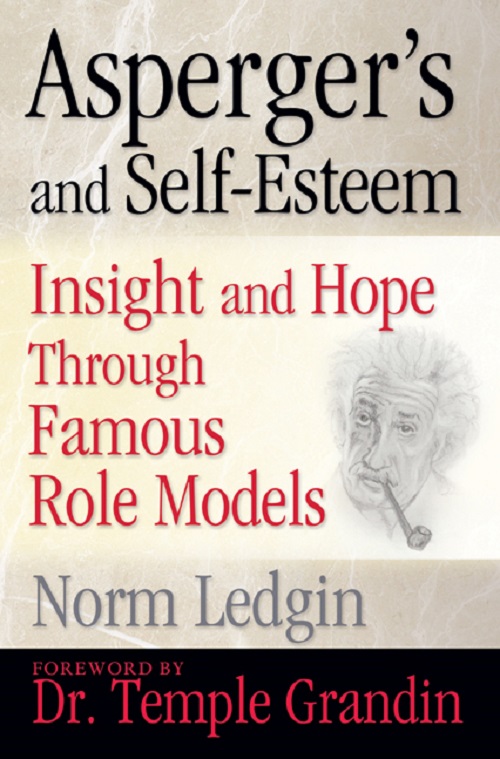 From composer Amadeus Mozart to astronomer Carl Sagan, Ledgin examines the evidence of Asperger’s Syndrome in some of history’s most famous men and women and shows how, despite their apparent challenges, each made an immeasurable contribution to the world. A great book to raise the self esteem of those with Asperger’s.
From composer Amadeus Mozart to astronomer Carl Sagan, Ledgin examines the evidence of Asperger’s Syndrome in some of history’s most famous men and women and shows how, despite their apparent challenges, each made an immeasurable contribution to the world. A great book to raise the self esteem of those with Asperger’s. -
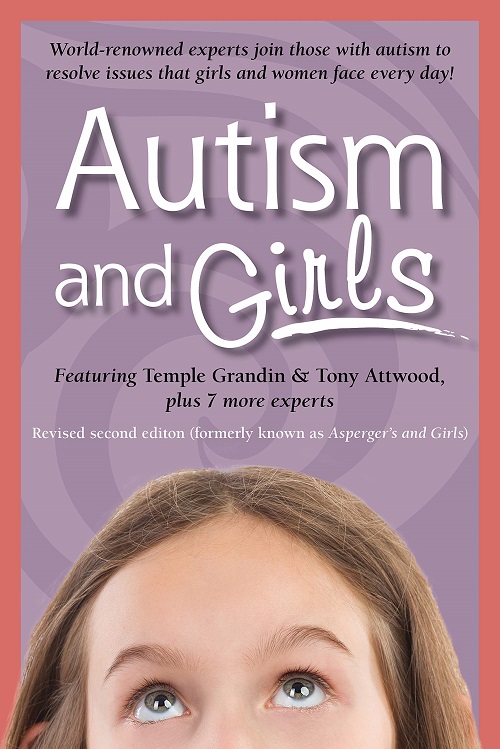 The revised and updated edition of the groundbreaking book Asperger’s and Girls describes the unique challenges of females on the autism spectrum. In it, you’ll follow the lives of women with autism through childhood, the social and academic challenges of the education system, and into the career and dating worlds.
The revised and updated edition of the groundbreaking book Asperger’s and Girls describes the unique challenges of females on the autism spectrum. In it, you’ll follow the lives of women with autism through childhood, the social and academic challenges of the education system, and into the career and dating worlds. -
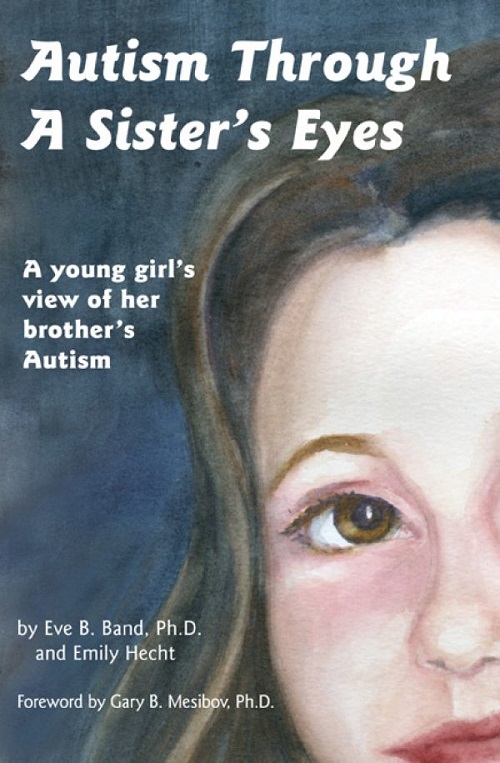 When young people have questions about a brother or sister with autism or Asperger’s Syndrome, clear answers can be hard to find. Written by Eve Band, Ph.D., a clinical psychologist, this book gives voice to ten-year-old Emily’s story: her questions about her brother, her search for answers about autism, and her exploration of her feelings as a sibling of a young man with autism.
When young people have questions about a brother or sister with autism or Asperger’s Syndrome, clear answers can be hard to find. Written by Eve Band, Ph.D., a clinical psychologist, this book gives voice to ten-year-old Emily’s story: her questions about her brother, her search for answers about autism, and her exploration of her feelings as a sibling of a young man with autism. -
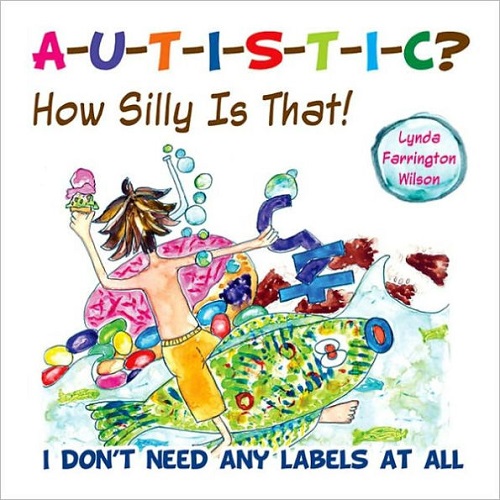 The first book of its kind that tells children with autism they are KIDS with autism, as it gently pokes fun of the label “autistic”. Young readers feel better about themselves after meeting their new friend, the narrator, who HAS autism, as well as many other more important characteristics. Having autism is just one small part of his overall character and we would never again label him as simply “autistic”.
The first book of its kind that tells children with autism they are KIDS with autism, as it gently pokes fun of the label “autistic”. Young readers feel better about themselves after meeting their new friend, the narrator, who HAS autism, as well as many other more important characteristics. Having autism is just one small part of his overall character and we would never again label him as simply “autistic”. -
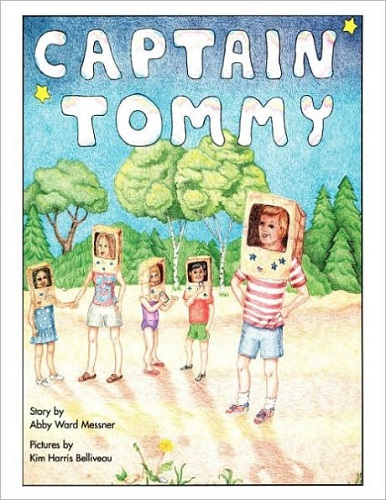 More than a delightful story, Captain Tommy teaches understanding and kindness. Tommy goes to “”space camp”” and meets John, a boy who seems “”spaced out”” and different from other children. The camp counselor makes Tommy the captain of the spaceship, and gives him the job of getting John to interact with the other space-kids.
More than a delightful story, Captain Tommy teaches understanding and kindness. Tommy goes to “”space camp”” and meets John, a boy who seems “”spaced out”” and different from other children. The camp counselor makes Tommy the captain of the spaceship, and gives him the job of getting John to interact with the other space-kids. -
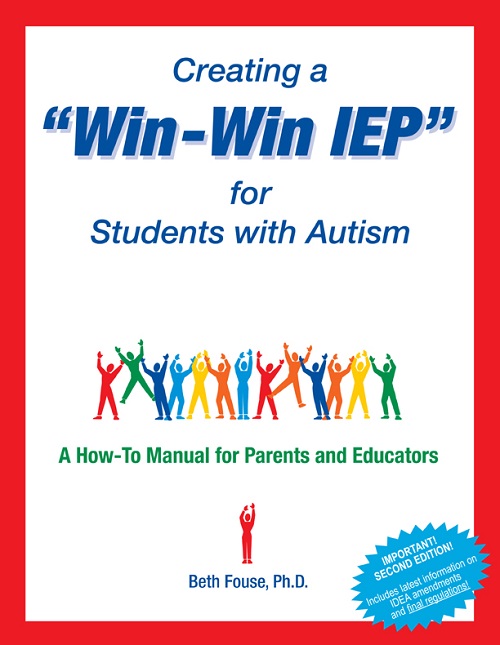 This book is a must-read for every parent or educator who participates in the IEP process. Dr. Fouse takes readers through the entire range of a “child-centered” educational process, from the initial stages of identification and diagnosis to full implementation and monitoring of the individualized education program.
This book is a must-read for every parent or educator who participates in the IEP process. Dr. Fouse takes readers through the entire range of a “child-centered” educational process, from the initial stages of identification and diagnosis to full implementation and monitoring of the individualized education program. -
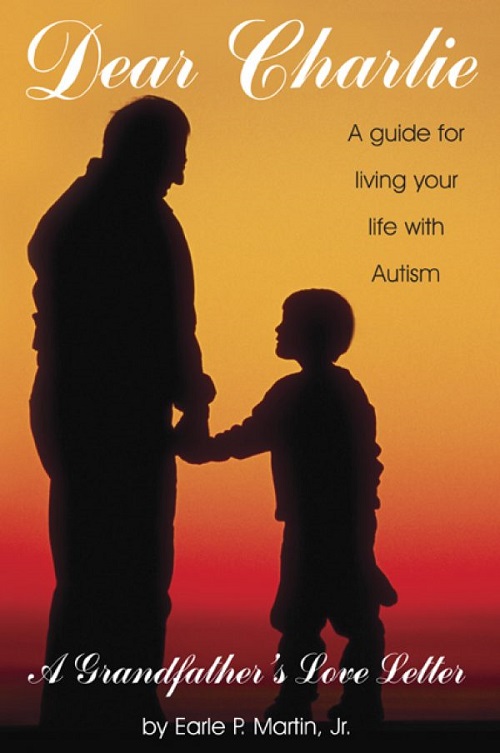 In this heartwarming book, a grandfather offers loving advice in a series of letters to his grandson Charlie, who has autism. His letters educate and inspire, while painting a beautiful, positive portrait of children with autism. He explains what autism is and what it is not, offers social dos and don’ts, and encourages Charlie to be who he is and follow his dreams. Makes a great gift for young adults on the spectrum!
In this heartwarming book, a grandfather offers loving advice in a series of letters to his grandson Charlie, who has autism. His letters educate and inspire, while painting a beautiful, positive portrait of children with autism. He explains what autism is and what it is not, offers social dos and don’ts, and encourages Charlie to be who he is and follow his dreams. Makes a great gift for young adults on the spectrum! -
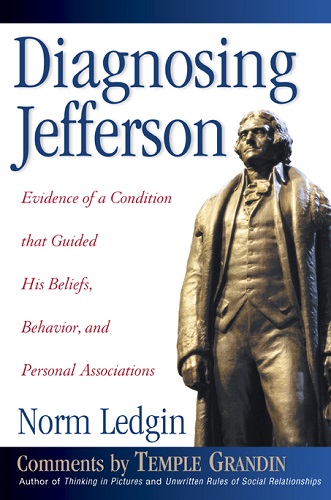 Historians have long remarked on Thomas Jefferson’s “peculiarities.” But it took author Norm Ledgin, whose son has Asperger’s Syndrome, to see what others did not. In this intriguing book, Ledgin carefully constructs a convincing case for the likelihood that Thomas Jefferson had Asperger’s Syndrome.
Historians have long remarked on Thomas Jefferson’s “peculiarities.” But it took author Norm Ledgin, whose son has Asperger’s Syndrome, to see what others did not. In this intriguing book, Ledgin carefully constructs a convincing case for the likelihood that Thomas Jefferson had Asperger’s Syndrome. -
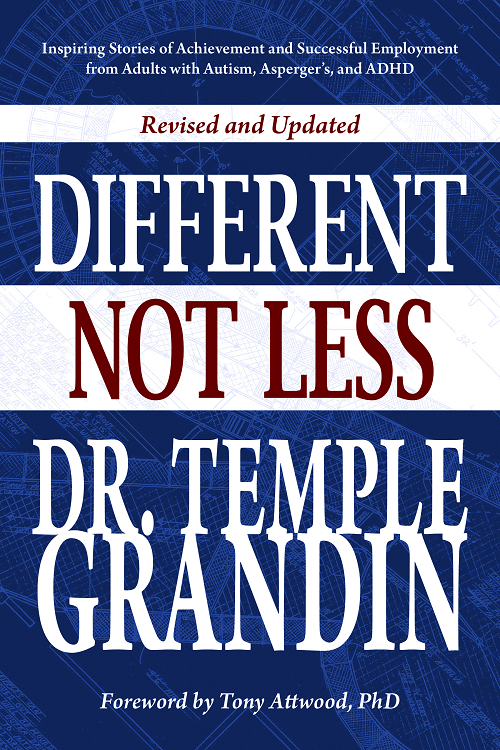 Temple’s primary mission is to help people with ASD and ADHD tap into their hidden abilities. Temple chose contributors from a wide variety of skill sets to show how this can be done. Each individual tells their own story, in their own words, about their lives. From relationships, bullying, making eye contact, honing social skills, and eventual careers, these stories have something everyone can learn from.
Temple’s primary mission is to help people with ASD and ADHD tap into their hidden abilities. Temple chose contributors from a wide variety of skill sets to show how this can be done. Each individual tells their own story, in their own words, about their lives. From relationships, bullying, making eye contact, honing social skills, and eventual careers, these stories have something everyone can learn from. -
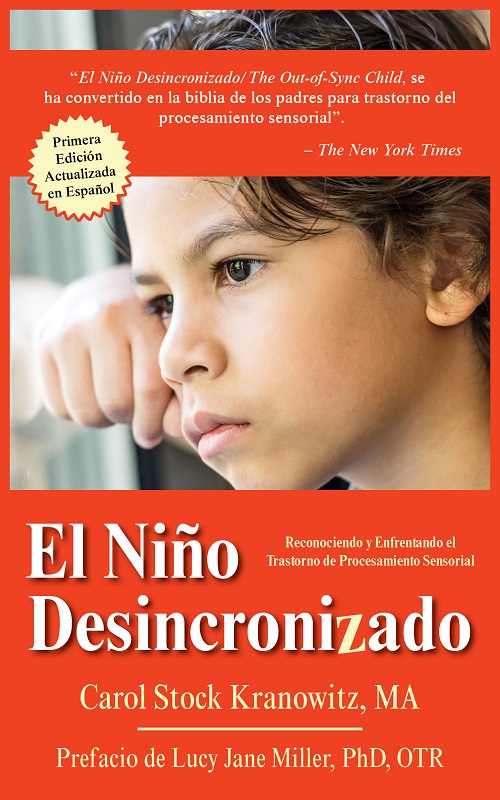 La edición revisada del innovador libro de 1998 que introdujo el Trastorno del procesamiento sensorial (SPD) a padres, maestros y otros no especialistas. SPD es un problema común y frecuentemente diagnosticado erróneamente en el cual el sistema nervioso central malinterpreta los mensajes de los sentidos. Esta nueva edición presenta información adicional sobre déficits visuales y auditivos, dificultades de habilidades motoras, TDAH, autismo, síndrome de Asperger y otros trastornos relacionados.
La edición revisada del innovador libro de 1998 que introdujo el Trastorno del procesamiento sensorial (SPD) a padres, maestros y otros no especialistas. SPD es un problema común y frecuentemente diagnosticado erróneamente en el cual el sistema nervioso central malinterpreta los mensajes de los sentidos. Esta nueva edición presenta información adicional sobre déficits visuales y auditivos, dificultades de habilidades motoras, TDAH, autismo, síndrome de Asperger y otros trastornos relacionados. -
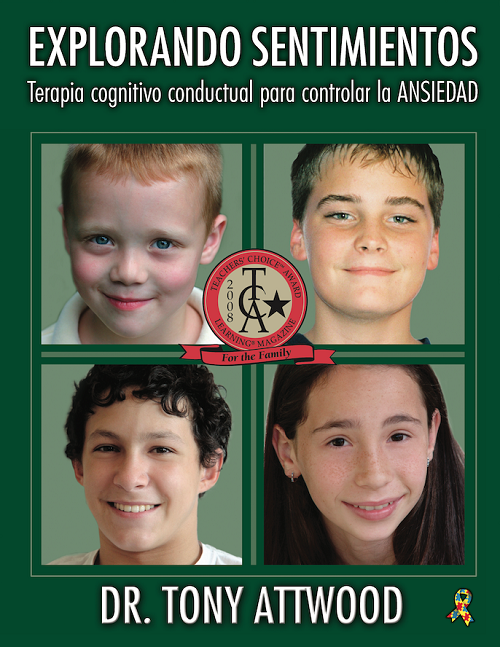 ¡Ganador de un premio 2008 Teachers’ Choice Award! La ansiedad puede ser debilitante para cualquiera, pero puede ser especialmente confusa para un niño. Aprender sobre las emociones ayuda a los niños a reconocer las conexiones entre pensar y sentir, y los efectos fisiológicos de la ansiedad en el cuerpo (sudoración, aumento del ritmo cardíaco, llanto, etc.).
¡Ganador de un premio 2008 Teachers’ Choice Award! La ansiedad puede ser debilitante para cualquiera, pero puede ser especialmente confusa para un niño. Aprender sobre las emociones ayuda a los niños a reconocer las conexiones entre pensar y sentir, y los efectos fisiológicos de la ansiedad en el cuerpo (sudoración, aumento del ritmo cardíaco, llanto, etc.). -
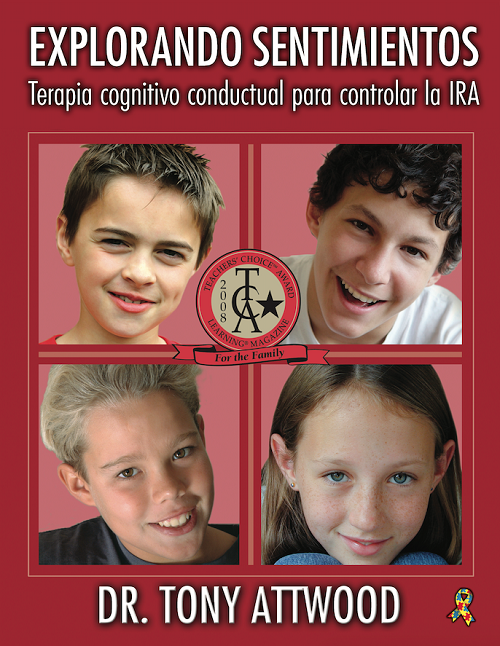 ¡Ganador de un premio 2008 Teachers’ Choice Award! Muchos niños, especialmente aquellos con retrasos en el desarrollo, tienen problemas para comprender o expresar sus sentimientos. Esto puede resultar en dificultades con el manejo de la ira. Listar las posibles respuestas a las situaciones, y el resultado probable de cada una, le permite al niño tomar decisiones informadas sobre qué respuestas elegir (por ejemplo, alejarse frente a golpear).
¡Ganador de un premio 2008 Teachers’ Choice Award! Muchos niños, especialmente aquellos con retrasos en el desarrollo, tienen problemas para comprender o expresar sus sentimientos. Esto puede resultar en dificultades con el manejo de la ira. Listar las posibles respuestas a las situaciones, y el resultado probable de cada una, le permite al niño tomar decisiones informadas sobre qué respuestas elegir (por ejemplo, alejarse frente a golpear). -
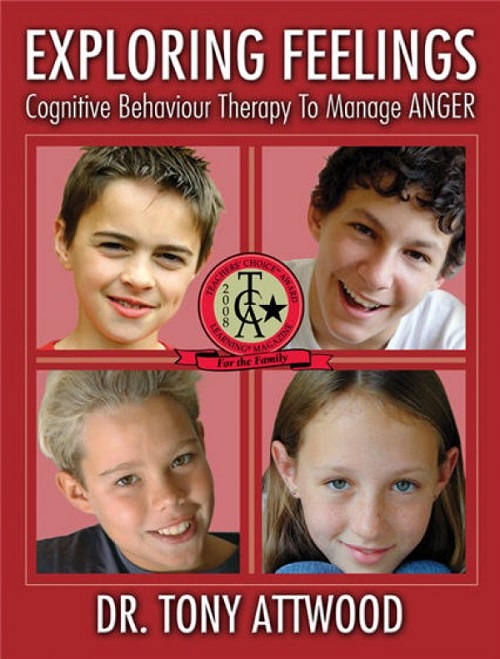 Many children, especially those with developmental delays, have trouble understanding or expressing their feelings. This can result in difficulty with anger management. Listing possible responses to situations—and the likely outcome of each one—allows the child to make informed decisions about which responses to choose (e.g., walking away vs. hitting).
Many children, especially those with developmental delays, have trouble understanding or expressing their feelings. This can result in difficulty with anger management. Listing possible responses to situations—and the likely outcome of each one—allows the child to make informed decisions about which responses to choose (e.g., walking away vs. hitting).

